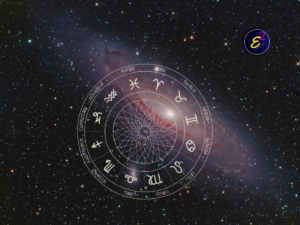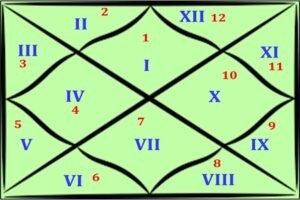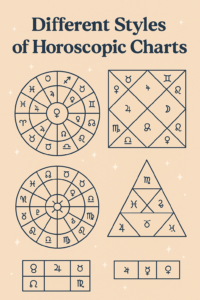In the ancient times, a strict code of conduct was demanded of those who practised astrology. A guru would teach astrology only to a deserving disciple who would adhere to such a code of conduct. The guru-shishya (i.e., the teacher-disciple) tradition is already long over in India. With changing times, it has become difficult to find an appropriate ‘guru’ and a deserving ‘shishya’ to pursue this sacred study within the rules laid by the sages of yore. It is, however, quite in order to be aware of this ancient code of conduct. Varahamihira, the celebrated authority on astrology, prescribes the following qualifications for an astrologer:
(a) Physical features: According to the said author, the physical features reflect the inner nature of a man. The astrologer must be good to look at, with all his body parts complete and healthy. He should be of sound health, with sound hands, feet, nails, chin, teeth, ears, forehead and head, and having a loud and impressive voice.
(b) Moral soundness: He should be truthful, gentle, bereft of cravings and aversions, clean of heart, not inclined to be critical of the qualities of others, and devoid of base and worldly distractions.
(c) Behaviour in an assembly: He should be clever, able to express himself, bold in an assembly, not intimidated by his fellow astrologers, dignified, and aware of the constraints of social and historical circumstances.
(d) Proficiency in the subject of astrology: He should be well-read, and proficient in the three branches of astrology known as the Ganita, the Samhita and the Hora. He must have studied the five Siddhantas (or mathematical treatises). His mathematical proficiency must include a knowledge of the various divisions
of time, from the gross ones like the Yuga to the finer ones. He must also possess knowledge of the various divisions, including the finest ones, of the zodiac.
(e) Proficiency in various branches of astrology: The astrologer is required to possess a knowledge of different aspects of astrology which deal with propitiation of planets, rendering the planets beneficial or hostile, conducting religious ceremonies, and rituals which help neutralise the natural calamities.
(f) Defence of astrology: The astrologer must be able to answer queries, and also pose relevant questions where appropriate. When necessary, he should be able to dazzle others by his knowledge, only to increase the dignity of astrology.
(g) More about the qualities of an astrologer: The astrologer must possess knowledge of solar, civil, nakshatric and lunar time measures; of intercalary months; of the sixty Samvatsaras, the yugas, years, months, days and Horas; of varying opinions on varying aspects of mathematical astronomy; of various dispositions of planets, including their exaltations, debilitations, fast and slow motions, their conjunctions as well as planetary warfares; of latitudes and longitudes of places on the surface of the earth; of the movements of the nakshatras; of the rising and setting of signs, Charakhandas for different latitudes, etc. He should be highly confident and a clear expounder of the Shastras. The sage Parashara advocates a similar code of conduct for astrologers, stressing particularly on the necessity for technical, intellectual and moral excellence; the capacity to weigh the pros and cons of a situation, along with an ability to synthesize a coherent prediction based on a sound knowledge of the principles, sometimes apparently contradictory, of astrology.




